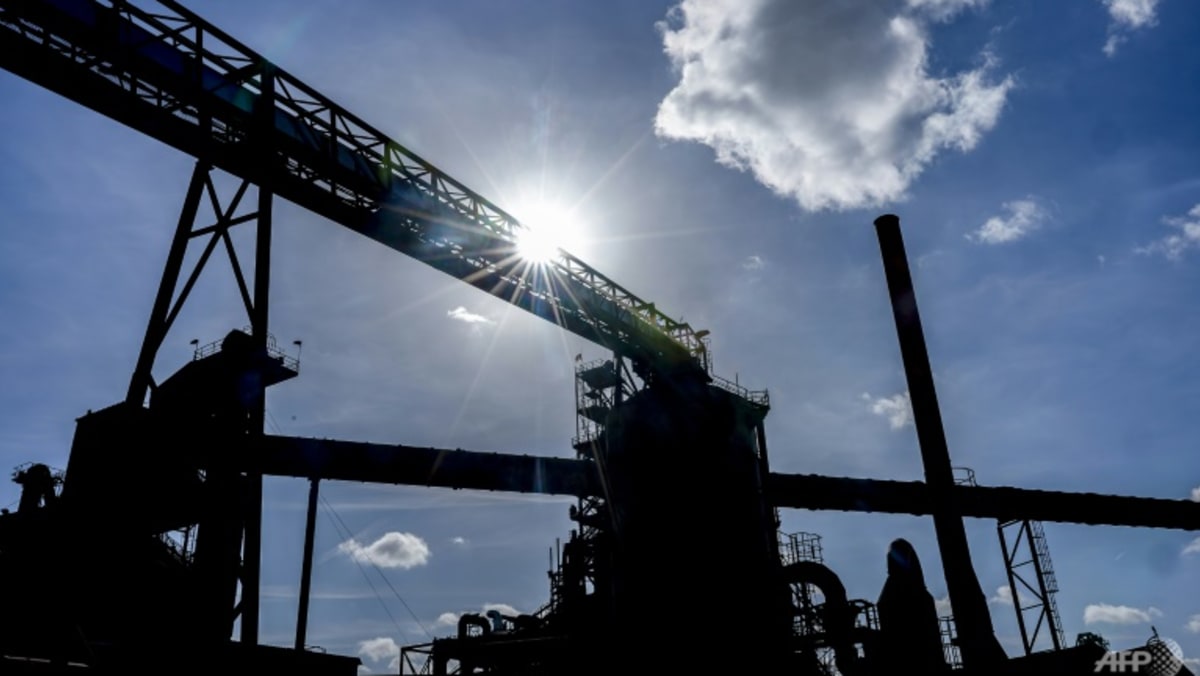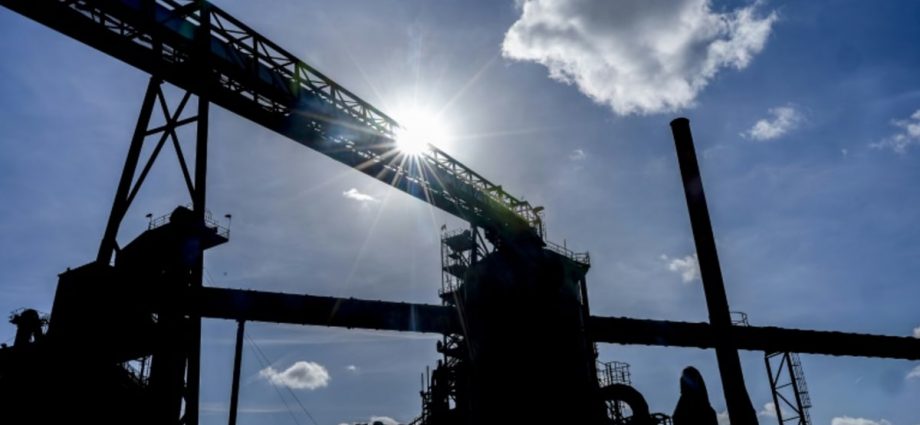
He said that various countries’ pivots to traditional fossil fuels are just temporary and immediate responses to the crisis, but do not alter the path to cleaner energy in the long term.
“For example, in Europe where I live, countries are now changing their policies for a short period and making use of coal, the dirtiest fuel. But these are short-term solutions,” he said, adding that there is overall still a major acceleration of clean energy adoption globally.
This is driven by three main factors, said Dr Birol, citing energy security, climate commitments and countries pushing clean energy solutions for industrial policy reasons.
He pointed to the United States, Japan, Europe, India and China as examples where governments are giving tax incentives, subsidies and different types of support to encourage the use of renewable energy.
“When I look at the numbers, which we do at the IEA almost every day, I see that this year we are going to see an unprecedented growth in renewables – more than 20 per cent – which has never happened in history,” added Dr Birol.
He also noted a “huge” increase globally in the adoption of electric cars and suggested that soon, every second car sold in China, Europe and the US would be electric.
As a result of today’s energy crisis, said Dr Birol, “what we have is a turning point for a better, cleaner and more secure energy future at the end of the day”.
RUSSIA WORSE OFF
The ongoing energy crisis was triggered by Russia’s invasion of Ukraine, said Dr Birol, adding that it has left the country worse off moving forward.
“Russia is losing the energy war, and losing it badly,” he said.

